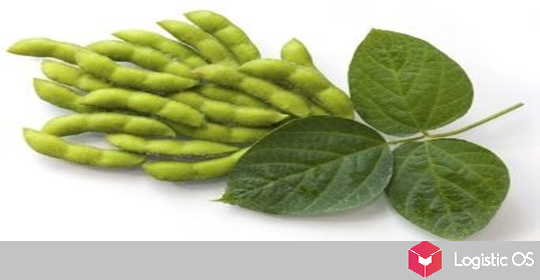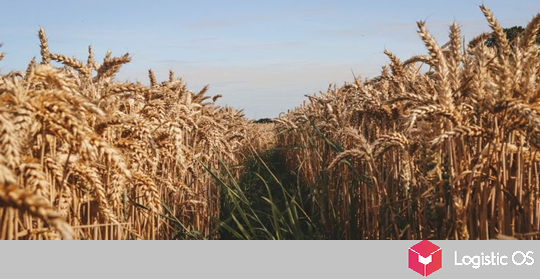Despite a good harvest in 2021, oilseed producers in Russia are in a depressed state.
Export duties are mainly to blame.
According to the Institute for Agricultural Market Studies, the oilseed crop in 2021 amounted to about 24.5 million tons, which is an increase of 15.3% compared to the previous year.
Sunflower production increased even more: by 16.8%. This is despite poor yields, which were caused by unfavorable weather conditions over a large part of the country.
Despite this, the 50% export tax on sunflower severely limits the potential income of producers.
The same applies to sunflower oil: the introduced damper makes the duty higher, the more world prices rise.
As a result, the manufacturer has no opportunity to receive additional income, no matter how the price skyrocketed on the world market.
This was done by Russian regulators so that the bulk of the manufactured products remained within the country, so that prices for them would be quite low.
As a result, sunflower producers have almost no opportunity to sell sunflower seeds more than 45-47 rubles per kilogram, and oil — more than 90-95 rubles per kilogram.
Exports of soybeans dropped significantly
In the previous season, a significant part of Russian soybeans was exported to Iran and Turkey.
Today, thanks to the same 20% duty, this export has practically disappeared. Thus, Russia lost two large countries that were previously the leaders in the purchase of soybeans from it.
Russians don’t need rapeseed oil
This is mainly due to the sharp rise in prices for this product.
Compared to December 2020, prices for rapeseed increased by about 40% to 58 rubles per kilogram, for oil — up to 120 rubles per kilogram.
And at such prices, these products are really practically of no interest to Russians. After all, sunflower and oil from it is cheaper.
Oil flax
This crop inspires some optimism, because Russia has significantly increased the area under it to 1.55 million hectares.
This means that the harvest could grow to 1.1 million tons. With such a result, Russia may become the leader in the production of flax in the world, since this time in Kazakhstan there is a poor harvest.
Despite good success in growing these crops, Russian farmers are very much concerned about the issue of implementation, which would allow them to make a profit.
So far, duties are greatly reducing opportunities in this regard, and therefore farmers have begun to actively switch to crops that have not yet been imposed with high duties: for example, coriander, mustard and peas.

